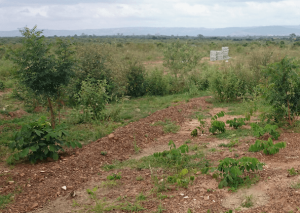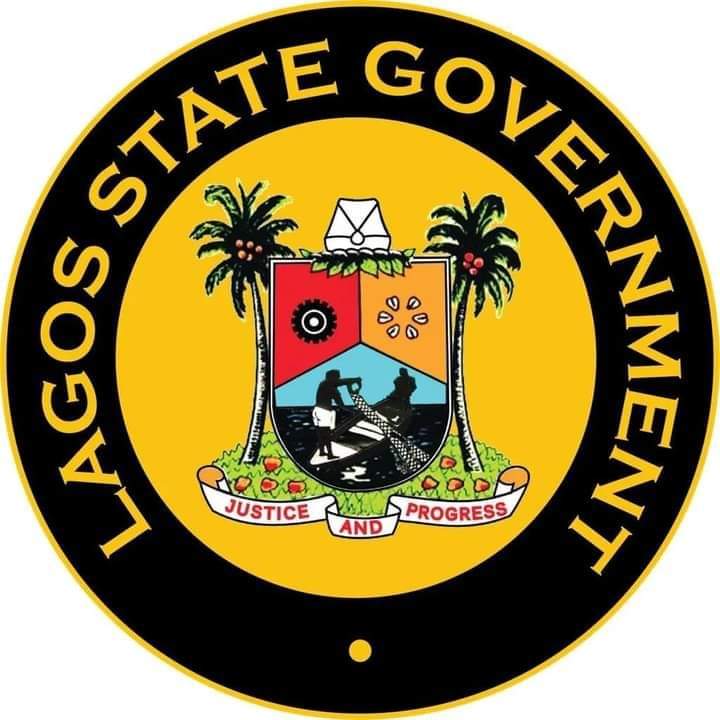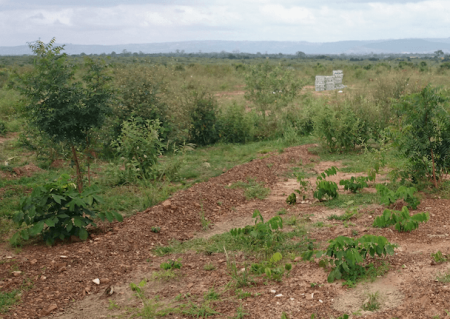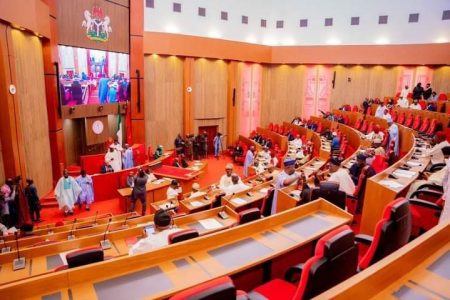The Lagos State Traditional Medicine Board (LSTMB), in conjunction with the Nigeria Security and Civil Defence Corps (NSCDC), recently conducted an enforcement operation targeting unregistered and non-compliant traditional medicine facilities within the Lagos Mainland area. Six facilities were sealed during the operation, which stemmed from their failure to heed repeated notices and warnings to register with the board and adhere to the provisions of the Lagos State Health Sector Reform Law 2015. This law serves as the regulatory framework for all healthcare practices within the state, including traditional, complementary, and alternative medicine (TCAM). The joint operation underscores the state government’s commitment to ensuring the safety and well-being of its citizens by regulating and standardizing healthcare services, particularly in the often-overlooked TCAM sector.
The enforcement action addresses a growing concern regarding quackery and unregulated practices within the TCAM sector. Quackery, defined as the dishonest practice of medicine by unqualified individuals, poses significant risks to public health, ranging from misdiagnosis and ineffective treatments to potentially life-threatening complications. The LSTMB’s intervention directly combats this issue by identifying and shutting down facilities operating outside the established legal framework. This action serves as a deterrent to other potential offenders and reinforces the importance of adhering to regulatory standards. By requiring registration and compliance with the 2015 Health Sector Reform Law, the board aims to establish a minimum level of competency and ethical practice within the TCAM sector.
Babatunde Adele, the Registrar of the LSTMB, emphasized the state government’s zero-tolerance policy towards non-compliance with healthcare regulations. He highlighted the board’s proactive efforts to educate practitioners about the importance of registration and compliance. These efforts include public awareness campaigns utilizing various media channels, such as print media and radio jingles, to disseminate information widely. The LSTMB’s commitment to public education demonstrates a multi-faceted approach to regulation, combining enforcement with proactive outreach to foster a culture of compliance within the TCAM community. This strategy aims to prevent future violations by informing practitioners about the legal requirements and the potential consequences of non-compliance.
The LSTMB’s actions are not isolated incidents but part of a broader strategy to uphold high standards in traditional medicine practice. The board is committed to sustained enforcement and monitoring of TCAM facilities to deter future violations and ensure ongoing adherence to regulations. This commitment to continuous oversight indicates a long-term strategy for maintaining standards and ensuring the efficacy and safety of traditional medicine practices within the state. By establishing a system of ongoing monitoring and enforcement, the LSTMB aims to create a sustainable regulatory environment that protects public health and fosters trust in the TCAM sector.
The penalties for operating without proper registration or failing to comply with the Lagos State Health Sector Reform Law 2015 are clearly stipulated within the law itself. While the specific penalties were not detailed in the statement announcing the closure of the six facilities, their existence serves as a powerful deterrent. The explicit threat of legal consequences emphasizes the seriousness with which the state government views regulatory compliance in healthcare. The LSTMB’s actions demonstrate that non-compliance is not just an administrative oversight but a legal infraction with tangible repercussions.
The collaboration between the LSTMB and the NSCDC demonstrates interagency cooperation in enforcing healthcare regulations. The NSCDC’s involvement lends additional weight to the enforcement actions and underscores the state government’s commitment to utilizing all available resources to ensure compliance. This collaborative approach strengthens the regulatory framework and ensures that those operating illegally are held accountable. The joint operation signals a unified front against unregulated healthcare practices, sending a clear message that violations will not be tolerated. By leveraging the resources and expertise of different agencies, the state government maximizes its capacity to protect public health and maintain high standards in healthcare delivery.












